FREQUENTLY
ASKED QUESTIONS
All polyurethane blocks are made from a mixture of two liquids, isocyanate and polyol. The isocyanate we use is MDI-based and our polyol is derived from vegetable oils. The result is a foam from a renewable source, with organic components and a low-cost technology.
We are constantly evolving our technology to further optimize our polyol and replace the isocyanate currently used with an even more environmentally friendly one.
The off-white color of our foam comes from the vegetable oil-based polyol, which is yellowish.
Yes, both of these resins are compatible with our foam.
No, the characteristics of our surboard blanks are very similar to conventional polyurethane blocks, so they share the same processes and tools. One of our guidelines was to not change any existing processes in the industry, thus making it an affordable product with no additional costs.
At first we are focused on producing our own blanks. But in the future we have plans to manufacture our own boards signed by partner shapers.
The density and weight of our foams are similar to those of conventional polyurethane and, in cases where they are different, this will be indicated in the technical sheet.
Not yet. We are currently in the process of validating and building our production to be able to meet the market demand. We will have updates on this issue very soon.
Our foam comes from renewable sources and has organic components, resulting in a high-performance, biodegradable, compostable and recyclable block. These characteristics not only reduce the impact on nature after disposal, but are also beneficial to the health of the professionals involved in making the boards.
The repair materials, steps and tools are the same as any regular PU or EPS board.
Yes, in addition to being biodegradable and compostable, our blanks can be recycled. We are working on the logistics of collecting boards made with Surf in Sync foam to transform them into new foam, preventing them from reaching landfills or the environment, even considering that they biodegrade in up to 9 months. The less waste, even for a short period, the better.
We are a Brazilian company located in the state of São Paulo. We have two development and research headquarters: one in the countryside and the other on the coast of the state.
We were able to get business management training and financial incentives from these institutions through the PIPE Start FAPESP Sebrae Call (Innovative Research in Small Businesses), which supports early-stage entrepreneurs in validating ideas for new business models and technological solutions.
We can proudly say that:
“This work is being carried out with support from the São Paulo Research Foundation (FAPESP), Brazil. Process No. 2024/04445-1.”
“The opinions, hypotheses, and conclusions or recommendations expressed in this material are those of the author(s) and do not necessarily reflect the views of FAPESP.”

